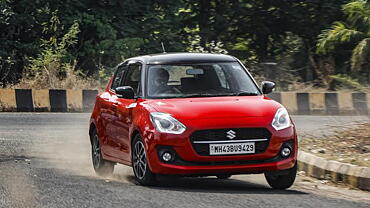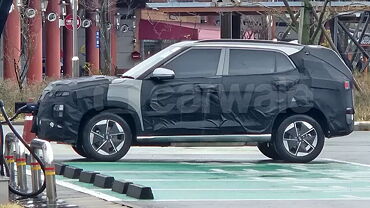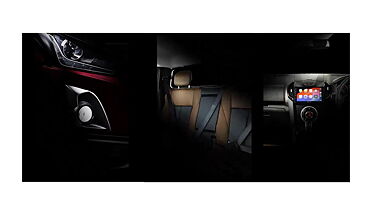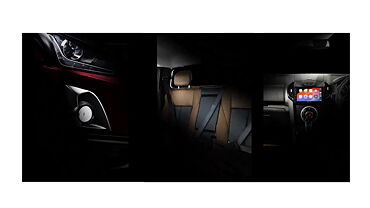Maruti Suzuki India Limited (MSIL) is planning to pay its component makers a higher share of the amount it saved from localisation or sale of spare parts made by the local plant of Suzuki Motor Corporation that are used in its vehicles. According to S. Maitra, Managing Executive Officer of Supply Chain, Maruti Suzuki, this step is in line with the company's efforts to motivate these vendors to ramp up localisation.
As per the current policy, Maruti shares savings collected through localisation with its vendors over the course of two years. In the first year, the savings are divided in the ratio of 50:50 between the company and its Tier I vendors. In the second year, it becomes 70:30, with the vendors getting the smaller share, while the savings belong completely to the car maker from the third year. According the revised policy, the company will now give a portion of its profits in the third year as well to the vendors, stated Maitra. This way, they will understand the relevance of stepping up local manufacturing. In Q4 FY2011-12, the automotive giant shelled out Rs. 200 crores to vendors in an attempt to make up for the losses accrued due to currency fluctuations.
This new move by the car maker is intended to lessen the purchasing cost by 3 to 3.5 per cent by lowering imports of components, augmenting production and promoting the usage of local raw materials. As of now, the company imports 9 to 12 per cent of its parts requirements as compared to 15 to 20 per cent imports by its vendors.
Steep decline in the value of Indian Rupee against Japanese Yen is affecting the revenues of Maruti Suzuki by increasing its input costs. In order to temporarily insulate itself against the foreign exchange rate, the company is considering imports from Thailand and Indonesia. The car maker has already recovered 40 per cent of its Yen and dollar exposure and plans to retrieve more in rest of the year.
According to Chief Financial Officer (CFO), Ajay Seth, Maruti Suzuki is working towards recovering at least 50 per cent of the exposure. He further stated “We are trying to figure out whether we can get parts from countries like Indonesia and Thailand as there are models like Swift and Ertiga that are common in all the three countries - Thailand, Indonesia and India.”
However, an analyst at Prabhudas Lilladher Private Limited, Surjeet Singh Arora, feels that this move may not prove to be very profitable. He commented “With the rupee continuing to slide against most of the foreign currencies, importing from alternative destinations may not have a meaningful impact”.
Surinder Kapur, chairman of Sona Koyo Steering Systems Limited (steering wheel and steering system supplier to Maruti Suzuki), said “It (localisation) has been a challenge as it’s the smaller suppliers who lack the technological wherewithal and financial muscle that are lagging behind.” He said that his company imports around 20 per cent of the parts and raw material requirement.
According to an anonymous Senior Executive at a Delhi-based components firm, losing their business if the technology is transferred to the Indian firms remains the main concern of the potential collaborators abroad, which is slowing localisation. Maruti operates closely with its suppliers to offset potential loss from currency fluctuations. At the Bangkok conference, Maruti sent a clear message to vendors, which stated “We may not be able to compensate you on account of currency fluctuation for too long. You have to fend for yourself, hence localise.”



























